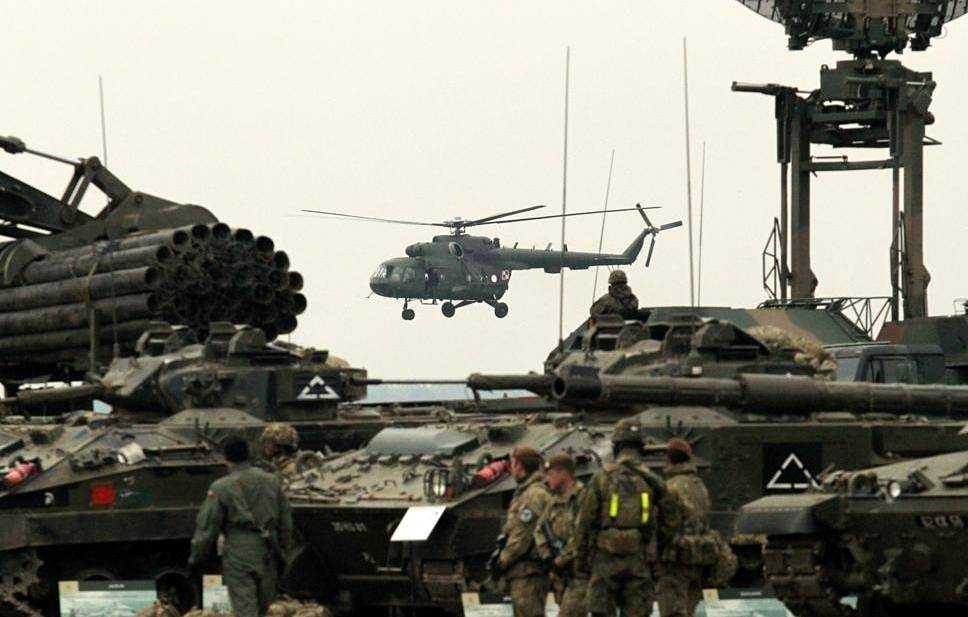Already a subscriber? Make sure to log into your account before viewing this content. You can access your account by hitting the “login” button on the top right corner. Still unable to see the content after signing in? Make sure your card on file is up-to-date.
The US and its Western allies condemned Russia’s withdrawal from a crucial arms control treaty that has long been a cornerstone of European security.

The Conventional Armed Forces in Europe (CFE) treaty, established in 1990 to set limits on military equipment in Europe, saw Russia’s formal exit, which prompted the US and NATO to suspend the treaty in response. White House National Security Adviser Jake Sullivan expressed that Russia’s action shows a “continued disregard for arms control,” necessitating a reaction from the United States, given Russia’s significant military presence in Europe.

Jake Sullivan stated that Russia’s departure and ongoing conflict with Ukraine have significantly altered the foundational circumstances of the treaty, changing the obligations of the participating states. Similarly, NATO criticized Russia’s move as a part of a pattern of actions that destabilized the security of the Euro-Atlantic region. The alliance highlighted Russia’s neglect of fundamental arms control principles such as “reciprocity, transparency, compliance, verification, and host nation consent.”

This comes as the ongoing war in Ukraine has eroded the advancements in Western-Russian relations after the Soviet Union’s dissolution. Additionally, Russian President Vladimir Putin has suspended a major nuclear arms treaty and nullified the ratification of a nuclear test ban, escalating tensions. The Russian Foreign Ministry stated that negotiations with the West on the treaty were futile, citing the inability of NATO members and associated countries to engage in constructive dialogue.






